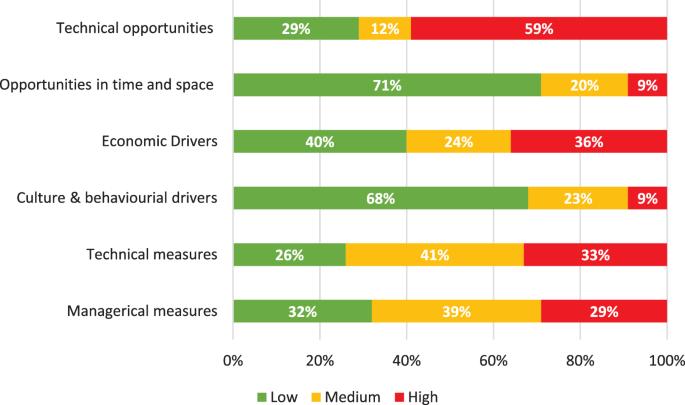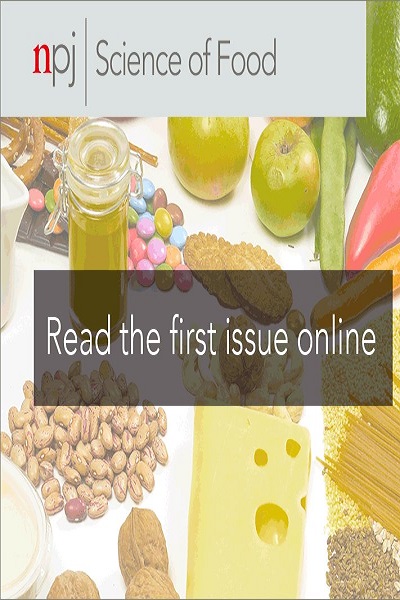英国收获后海鲜供应链中的食品欺诈威胁;对当前脆弱性的评估。
IF 6.3
1区 农林科学
Q1 FOOD SCIENCE & TECHNOLOGY
引用次数: 0
摘要
食品欺诈数据库中经常有海产品欺诈的报道,许多研究都强调了欺骗行为对经济、健康和海洋保护的影响。食品欺诈评估是一种广为接受的欺诈缓解和预防活动,旨在确定供应链中可能存在的欺骗点。本研究旨在了解英国收获后海鲜供应链的食品欺诈脆弱性,并确定不同商品、供应链节点、企业规模和认证状态是否存在差异。SSAFE 食品欺诈脆弱性评估工具用于评估与机会、动机和控制有关的 48 个欺诈因素。分析发现,海鲜供应链对食品欺诈的脆弱性处于中等水平,在技术机会方面的脆弱性最高。与其他因素相比,认证状况是决定易受攻击程度的更重要因素,特别是在控制水平方面,这一因素也表明较小的公司和食品服务行业的易受攻击程度较高。本文还回顾了该行业食品欺诈的历史趋势,以提供更多的见解。分析表明,供应链的某些领域,包括未经认证的对虾供应链、三文鱼供应链和食品服务公司,可能面临更高的食品欺诈风险。本研究深入探讨了与英国有关的食品欺诈脆弱性以及海产品供应链的脆弱性,为越来越多的文献确定全球食品系统中与食品有关的犯罪的脆弱性和复原力做出了贡献。本文章由计算机程序翻译,如有差异,请以英文原文为准。

Food fraud threats in UK post-harvest seafood supply chains; an assessment of current vulnerabilities
Seafood fraud is commonly reported on food fraud databases and deceptive practices are highlighted by numerous studies, with impacts on the economy, health and marine conservation. Food fraud assessments are a widely accepted fraud mitigation and prevention activity undertaken to identify possible points of deception within a supply chain. This study aims to understand the food fraud vulnerability of post-harvest seafood supply chains in the UK and determine if there are differences according to commodity, supply chain node, business size and certification status. The SSAFE food fraud vulnerability assessment tool was used to assess 48 fraud factors relating to opportunities, motivations and controls. The analysis found seafood supply chains to have a medium vulnerability to food fraud, with the highest perceived vulnerability in technical opportunities. Certification status was a stronger determinant of vulnerability than any other factor, particularly in the level of controls, a factor that also indicated a higher perceived level of vulnerability in smaller companies and the food service industry. This paper also reviews historic food fraud trends in the sector to provide additional insights and the analysis indicates that certain areas of the supply chain, including uncertified prawn supply chains, salmon supply chains and food service companies, may be at higher risk of food fraud. This study conducts an in-depth examination of food fraud vulnerability relating to the UK and for seafood supply chains and contributes to a growing body of literature identifying areas of vulnerability and resilience to food related criminality within the global food system.
求助全文
通过发布文献求助,成功后即可免费获取论文全文。
去求助
来源期刊

NPJ Science of Food
FOOD SCIENCE & TECHNOLOGY-
CiteScore
7.50
自引率
1.60%
发文量
53
期刊介绍:
npj Science of Food is an online-only and open access journal publishes high-quality, high-impact papers related to food safety, security, integrated production, processing and packaging, the changes and interactions of food components, and the influence on health and wellness properties of food. The journal will support fundamental studies that advance the science of food beyond the classic focus on processing, thereby addressing basic inquiries around food from the public and industry. It will also support research that might result in innovation of technologies and products that are public-friendly while promoting the United Nations sustainable development goals.
 求助内容:
求助内容: 应助结果提醒方式:
应助结果提醒方式:


